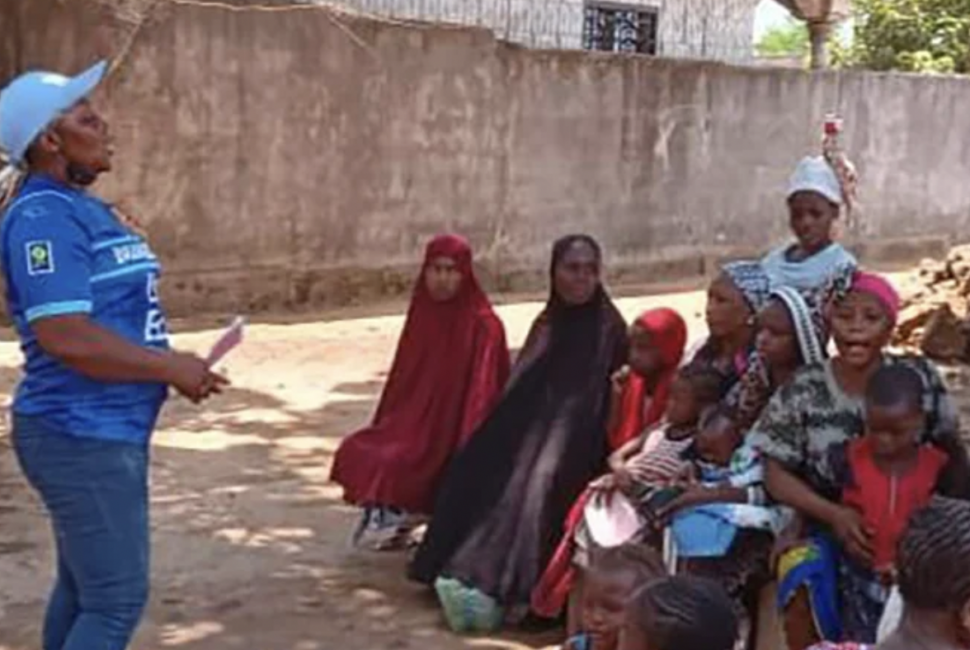ACCES Health-R4D study reveals dynamics of modeled evidence in decision-making

ACCESS Health International and Results for Development (R4D) have collaboratively released an article, “Understanding Evidence Ecosystems: What Influences the Production, Translation, and Use of Modeled Evidence in Burkina Faso, Nigeria, India, and Kenya?” published in Gates Open Research. Access the full article here.
Based on ACCESS Health’s recent study with Results for Development (R4D) on understanding facilitators and barriers to producing, translating, and using modeled evidence in decision-making in these four countries, the article is co-authored by Arun B Nair, Maulik Chokshi, and Tushar Mokashi from ACCESS Health along with colleagues from R4D.
The study explores facilitators and barriers to employing modeled evidence in decision-making across diverse regions, focusing on researcher-decision-maker engagement mechanisms, particularly knowledge brokers and boundary organizations. The study employed mixed methods, including rapid desk review to map modeling activities and key stakeholders, online surveys, and in-depth interviews with modelers, knowledge brokers, and decision-makers in health fields across different government levels.
The results unveil factors influencing the use of modeled evidence at individual, organizational, and environmental levels. Key themes encompass the capacity to produce, translate, and use modeled evidence; timing and relevance of modeling outputs; communication channels between modelers and decision-makers; strength of underlying data systems; the role of sustained funding; and the impact of global crises.
Emphasizing the significance of adopting an ecosystem approach to support modeling activities, the findings underscore the interplay of individual, organizational, and environmental factors. The study stresses the need for structured interaction, fostering dialogue, debate, and joint sense-making between evidence producers and users, which is critical for informed decision-making.

